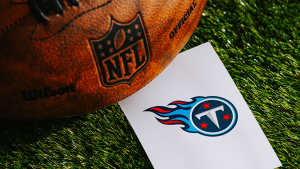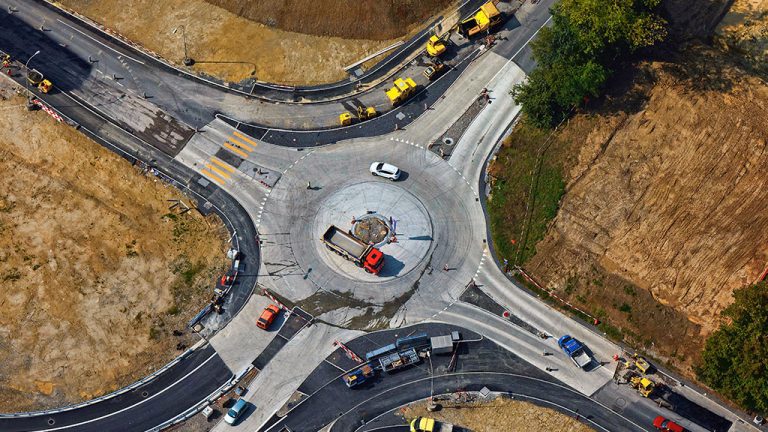Recruiting Gen Z employees is about sustainability, adaptability and authenticity.
Los Angeles County Sanitation Districts fleet manager Dave Bolderoff delivered the Why Gen Z Eats Sustainability for Breakfast session at CONEXPO-CON/AGG in Las Vegas recently and explained how a new generation prizes authentic environmental stewardship and will make career decisions based on those beliefs.
Gen Z, Bolderof said, is the age group generally defined as 11 to 28 years old and born from 1995 to 2012, some of whom are now entering the workforce.
“They want to align with the same values that they have and that’s very important with their employment decisions. It’s a very competitive market out there and it seems like the employee has the driving power, so they’re not getting pushed into a certain job that they don’t want,” Bolderoff said.
He used the sanitation district’s shift from an anonymous utility to putting their sustainability credentials front and centre as a case study to hiring Gen Z talent.
“We manage the waste for 5.5 million people in Los Angeles County, so that was never sexy and it was obviously considered a bad thing. No one wanted to know what happened to their waste, either sewage or trash, after it left their house. They just wanted it out of sight, out of mind, so our philosophy was to kind of keep it all incognito and not tell people what we’re doing,” he said.
The district gradually shifted to taking waste products and turning them into renewable and reusable resources, “and we focused on that and told a story around it,” he added.
“We recycled a lot of water and extracted methane gas from the wastewater process or the landfill and either converted that into a compressed natural gas or renewable natural gas useful fuel source or put it into turbines and converted it into electricity that could power the neighbourhood or operate our own facilities off the grid,” Bolderoff said.
Improved visibility and promotion of these sustainability efforts was key to attracting Gen Z, he added, but equally important is being able to back up claims of sustainability with proof.
“People (who) you would to reach out to or people who come work for us ask, ‘well, who are you? What do you do?’ People aren’t just going to take your word for it. They want to look at your website, your social media and reels and see what you’re doing and what you’re actually about. Are you just talk or are you taking action and doing good things for the environment?” he said.
Bolderoff added the labour market is extremely competitive and targeting both Millennials and Gen Z requires using messaging channels they’re familiar with.
“People in the tech space are competing against the construction industry, so you’ve got to stand out and make yourself more attractive. I think you’ve got to align to how Gen-Z or Millennials consume content,” he said.
“They’ve got a very short attention span, so sometimes instead of looking at a traditional written job description, getting that into a video format is something that they consume faster and actually really jump on. That’s a way to maybe stand out from your competition for other industries as well,” Bolderoff advised.
He added while a Gen Z member of the audience pointed to colleges as fertile ground for recruitment, companies are aiming even younger to generate interest in working for the district and similar employers.
“It’s high schools or middle schools. These people need to see these things over time, not just at college where they’ve maybe made a decision or have a direction they’re willing to go. If you can plant that seed earlier on in their school term that could open people’s minds or set them up with units they’re taking in high school before they enter college or take a trade school route,” Bolderoff said.
For more with Bolderoff, listen to The �鶹��ý����ion Record podcast here.











Recent Comments
comments for this post are closed